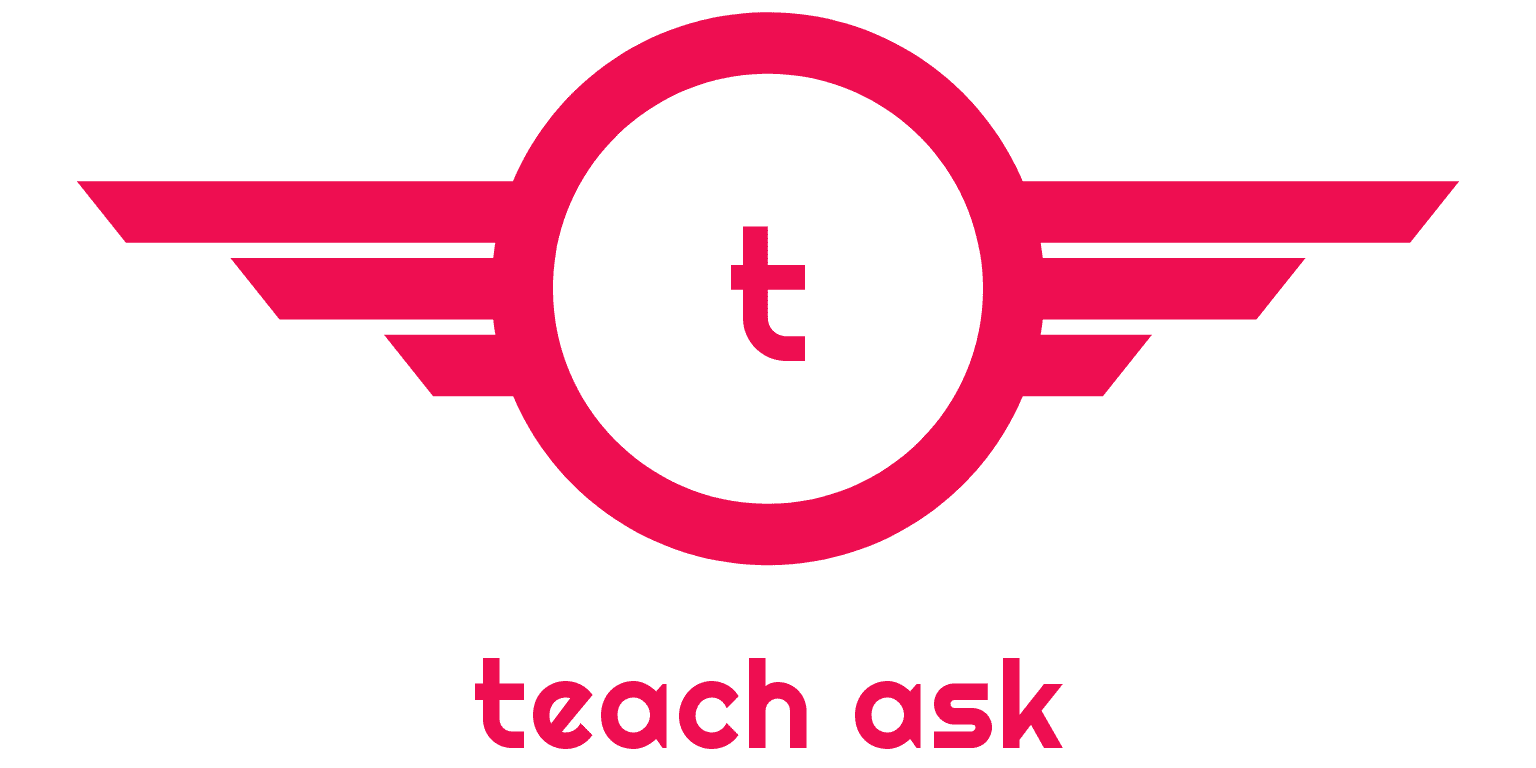Cable Installation And Management Systems
Some of common installation method includes:
1. Trenching
Here cables are buried directly or in the conduit. Trench is digged and cable is installed, backfill is added.
2. Plowing
Here cable plow blade breaks up and lifts the earth which feeds the cable. This method is 20 to 40 % less expensive than trenching. Plowed cable has low ampacity.
3. Thrust Boring
Here ground surface is drilled under roads for longer distances.
4. Direct Buried
Here cables are buried directly in the earth. This is the fast and low expensive method for cable installations. The major disadvantage is that cable repair and replacement is difficult.
5. Conduit
Use of conduit allows quick repair and replacement. Here conduit can be made up of
PVC, steel or fiber glass etc.
6. Direct Buried With A Spare Conduit
Here cable is buried with spare conduit for repair or upgradation of cable. A cable can be putted in spare conduit having power carrying capacity.
7. Concrete - Encased Conduit
It is most commonly used in urban area where cable and conduit is encased in concrete. Concrete protect the conduit from dig-in damage or collapse of it due to earth shifting.
8. Preassembled Cable In Conduit
A cable with flexible conduit is plow into the ground together. Disadvantage of this method is that it is very difficult to pull the cable after it is grounded. Also the conduit is not mechanically strong.
Due to use of conduit reliability level of power availability is increased. It gives faster repair option.
During replacement it does not disturb drive ways, streets, crews. Only disadvantage is that due to use of conduit cost of cable system increases.



























1 Comments
TV Installer in Geelong